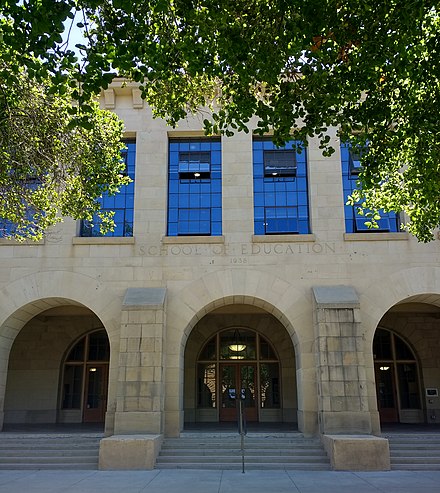This post is a brief essay I wrote in 2003 for The Navigator, a publication of the Center for Education Policy Analysis as the USC Rossier School of Education.
Romance, Realism. and the Future of Ed Schools
David F. Labaree
American education schools have long had a romance with the rhetoric of pedagogical progressivism, and this infatuation has put them at odds with the current movement to reform schools. What does this mean for their future? Reform is moving in the direction of establishing rigorous academic frameworks for the school curriculum, setting performance standards for students, and using high stakes testing to motivate students to learn the curriculum and teachers to teach it. But education schools and their progressive ideals stand in strong opposition to all of these reform efforts, making their rhetorical stand in support of student centered classrooms, discovery learning, and constructivist teaching.
This situation worries a number of educational reformers, but it shouldn’t. First, the ed school’s form of progressivism, descended from Dewey, has had an enormous impact on educational rhetoric but very little impact on educational practice. We talk constructivist, but that’s all. It was the administrative progressives, descended from Thorndike, whose social efficiency vision shaped practice in American education; they are the ones who established the curriculum stratification, vocationalism, and management orientation of today’s schools. The second reason that reformers shouldn’t worry is that nobody takes ed schools seriously anyway. We are solidly in the progressive camp ideologically, but we have no ability to promote progressive practices in the schools. In fact, we don’t even practice progressivism in our own work, as seen in the instrumentalist approach we take to research and teacher preparation.
I don’t see much likelihood for change in the current standoff. Ed schools won’t convert to the standards ideology, and the reform movement won’t convert to the ed school’s brand of progressivism. It is more likely that each will talk past the other. And in such a contest, ed schools will continue to lose, as they have always done, since the only part of education they dominate is the rhetoric, whereas the reformers control the core elements of curriculum, testing, and governance.


